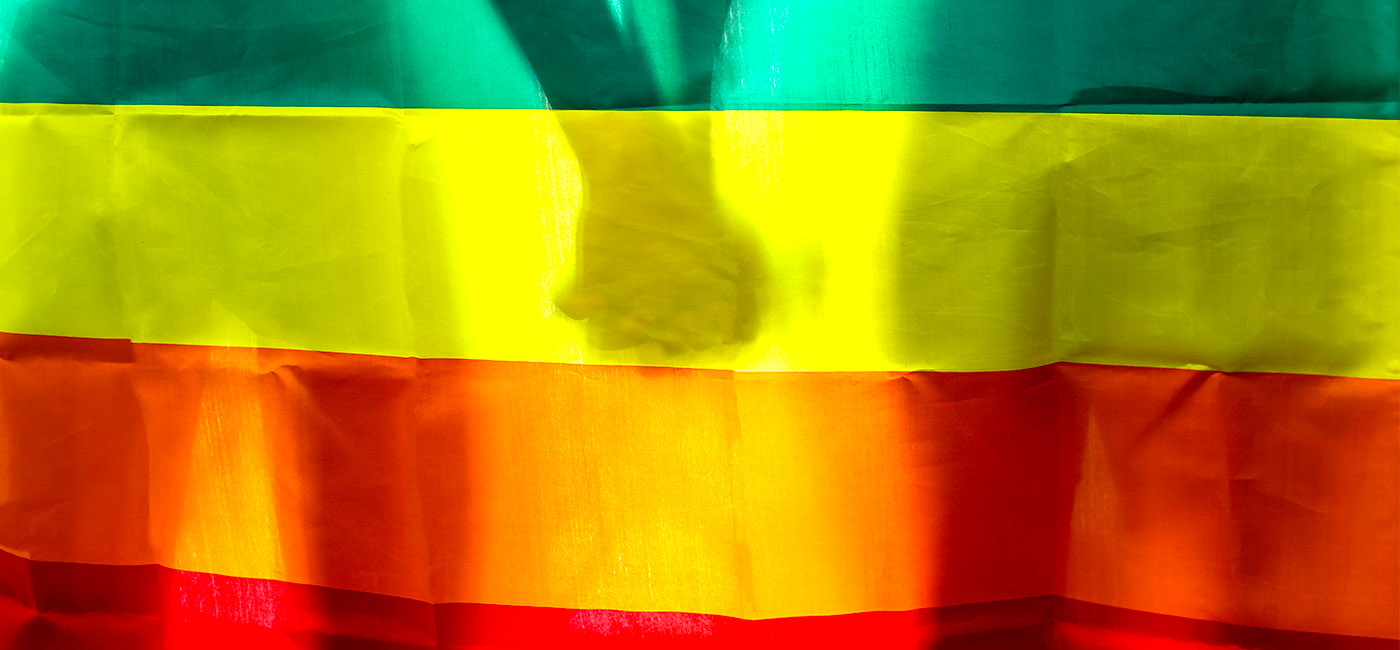Human rights are inherent, regardless of religion, sexual orientation, or any other status. In spite of this, there is still an urgent need to take action against inequalities that take place against those who are different. One example of this is evident in the LGBTQI+ community in Kenya which is denied these same rights, although they are human too. LGBTQI+ rights exist to address injustices against members of their community by outlawing discrimination and violence, requiring changes in law in areas such as access to jobs, health, education, housing, religion, public benefits.
Although notable progress has been made in Kenya, the LGBTQI+ community continually faces discrimination including having their right to religion denied and being excluded from places of worship. At ActionAid Global Platforms, we are working with religious leaders in Kenya to extend their engagements with LGBTQI+ persons instead of excluding and discriminating them. We firmly and resolutely believe in the importance of creating safe spaces in our churches and mosques with zero violence towards sexual and gender minorities as one of the most vulnerable communities in Kenya.
Myriads of religious people strongly believe that homosexuality is a sin and are quick to point out bible verses that support their opinion. Although religious texts have been used as a tool against LGBTQI+ communities across the world, many religious scholars and preachers argue that this was based on their literal and non-critical interpretation and not the spirit in which they were written. This would mean that one shouldn’t read the Bible (or any other religious text) without taking into account the cultural and historical context of the time when different sections were written or translated, and that exclusion and homophobia were never meant to be part of it.
On the other hand, many sections in the Bible explicitly preach love, non-discrimination, inclusion, and equality - interestingly the very parts that are often overlooked. Some verses even refer to the fact that gender is a construct and that such identities are meaningless from the point of view of religion which carries a strong message for LGBTQI+ people and anyone else who feels marginalized by society.
Besides organizing empowerment trainings in which religious leaders network with likeminded progressive religious thinkers and work on unlearning the discriminatory interpretations of their religious texts, we are updating a toolkit that will steer and assist religious leaders to have these inclusive conversations with their communities. We seek to have religious denominations in Kenya open doors for all - that there will be no discrimination of persons because of their sexual orientation or identity. After all, LGBTQI+ persons in Kenya are Kenyan citizens who simply ask for the same basic human rights, including a right to religion and belonging to a community that accepts them for who they are.



